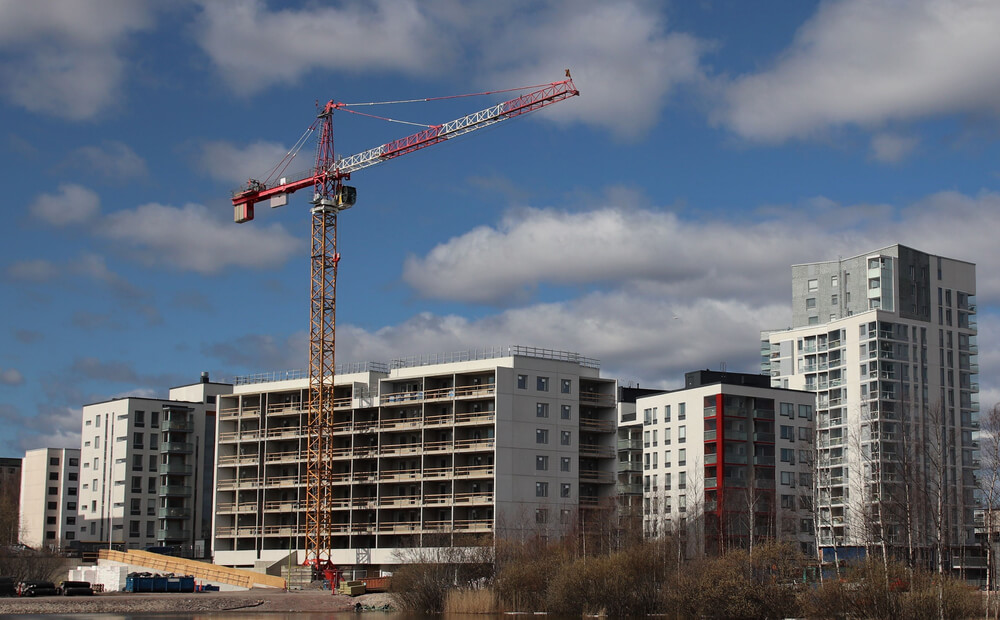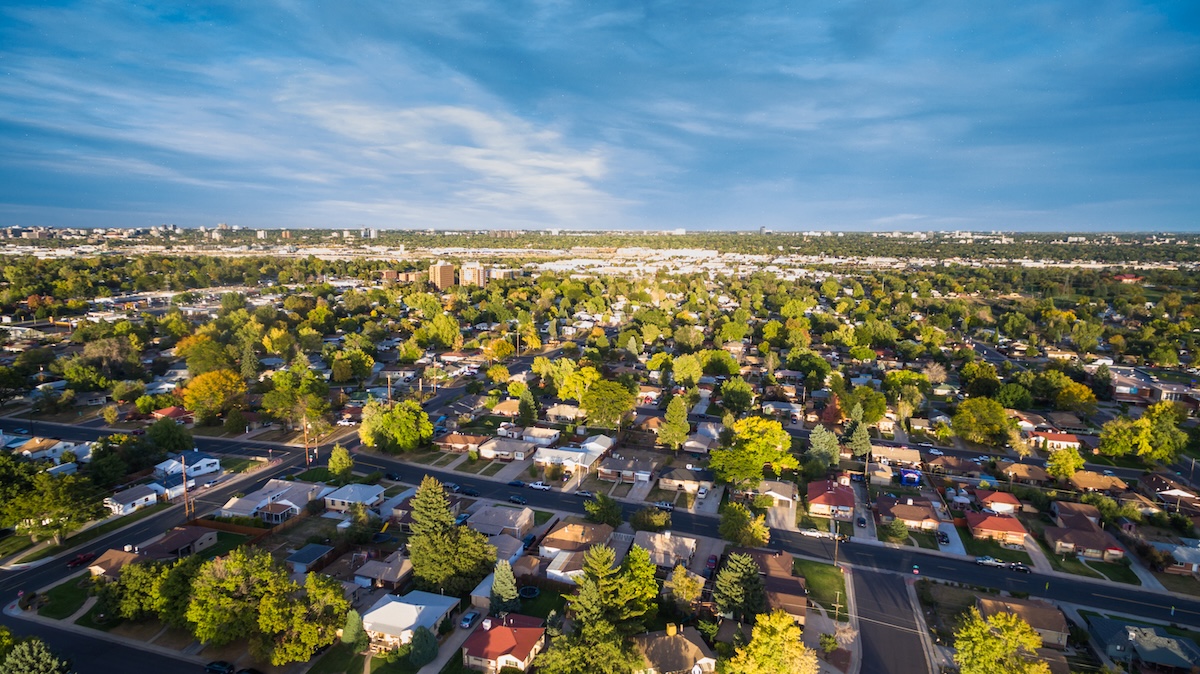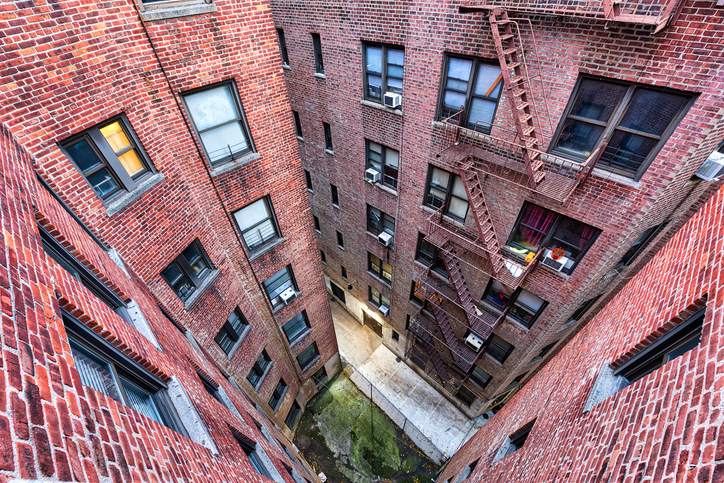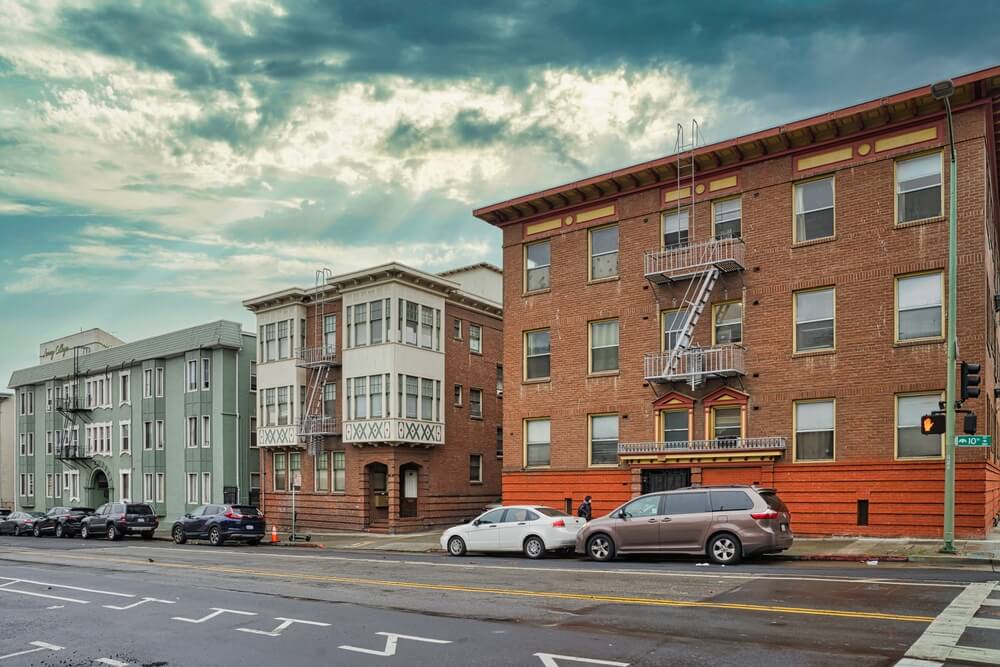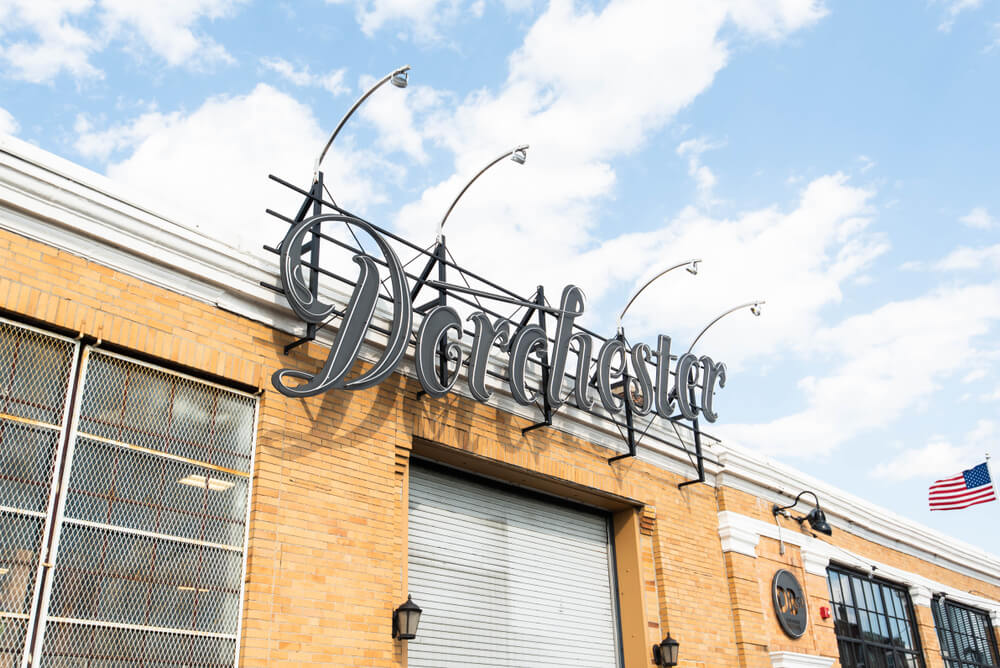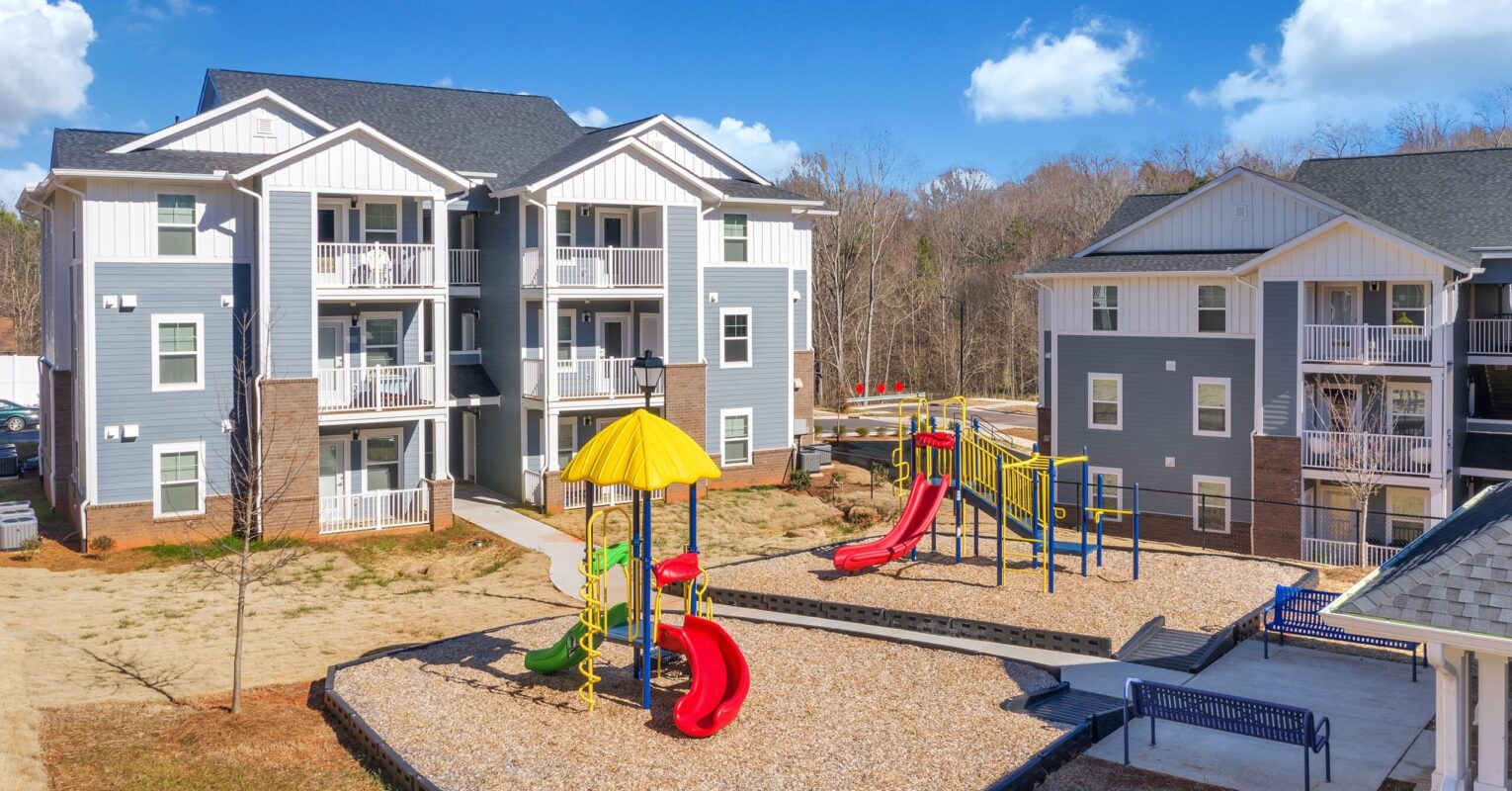Rapidly rising property values across the US work against lower-income families on at least two fronts. Higher prices mean higher rents. And the appreciation in property values mostly accrues to wealthier owners, landlords and investors.
Support for first-time home buyers is only part of the answer. The preservation of existing homeownership is also a vital tool for keeping housing affordable, not to mention an increasingly investable sector for both impact and institutional investors.
>>RSVP to The Call: Investing in homeownership preservation (Wednesday, Oct. 16)
Ownership models that walk the difficult line between preserving affordability and creating pathways to wealth creation for low-income families are emerging across the country.
“To help families build wealth and protect hard-fought gains over generations, funders should also prioritize homeownership preservation,” Robert Wood Johnson Foundation’s Ruth Gao writes in Stanford Social Innovation Review.
Gao calls out a challenge to such asset-building that disproportionately affects Black and Brown families: the “tangled titles” that can cause the loss of “heirs’ property” when a property passes without clear title to multiple heirs.
“Maintaining and passing down property as an asset to loved ones is an important aspect of intergenerational wealth.”
Renter equity
Over the next few years, restrictions on rents will expire for hundreds of thousands of units of housing built with Low Income Housing Tax Credits, Section 8 subsidies and other incentives, “threatening to hemorrhage affordable housing supply when Americans need it most,” as the AP put it in a recent report.
Affordable housing developers have had trouble competing with buyers intent on flipping those units to market-rate rents. Help may be on the way: Institutional and impact investors have warmed to affordable housing as a surprisingly steady and low-risk part of their core real estate portfolios.
“I am amazed by the growing number of highly sophisticated and impact-driven owners, operators, and investors who recognize the win-win potential of affordable rental housing,” Bob Simpson of the Multifamily Impact Council writes in a guest post on ImpactAlpha.
For example, Impact Community Capital, backed by major insurance companies, provides short-term loans to developers so they can move fast while arranging longer term financing, allowing them to renew the rent restrictions and keep the units affordable. “We can’t afford to lose access to affordable housing,” says ICC’s Jeff Brenner (listen to the podcast, “Building institutional-grade strategies to create and preserve affordable housing”).
Even more far-reaching are models that transfer ownership to tenants over time.
“Novel, innovative housing models are building pathways to equity for renters and promoting community-ownership: creating new ways for families to monetarily benefit from the contributions they make to their neighborhood’s success,” writes Lafayette Square Institute’s David Adetokunbo Williams.
Mobile homeowner co-ops
Roughly 22 million Americans live in manufactured homes, which makes up approximately 7% of the US housing stock, and a higher share for those who are poor, older, disabled or live in flood zones. Most residents own their mobile homes, but not the property on which they’re sited, making them vulnerable to rent increases and displacement – especially as private equity investors snap up valuable real estate.
Since the Great Financial Crisis, ROC USA, a nonprofit cooperative in New Hampshire, has helped 18,000 residents in more than 240 manufactured home communities purchase the land underneath their properties, through a cooperative strategy that enables long-term affordable home and land ownership.
“These are homeowners who worked hard to buy their homes and love their homes and their communities,” says Paul Bradley, who founded ROC USA with backing from the Ford Foundation and New Hampshire Community Loan Fund and, more recently, Robert Wood Johnson Foundation.
The strategy competes with small and mid-sized private equity real estate investors that are buying up bulk portfolios of mobile homes parks and raising rents, ultimately driving displacement of homeowners. Instead, ROC USA brings residents together under a co-op to make a bid. Upon a sale agreement, residents pay a membership fee that ranges between $100 and $1,000 to the co-op, which they own and govern the property for the long term.
Bradley launched the nonprofit after nearly a decade and half of financing resident-owned manufactured home co-ops in majority-white, low-income rural and suburban communities in New Hampshire. ROC USA is also targeting the US Southeast, which has many majority-African American mobile home communities; and Texas, which has a large stock of majority-Latino mobile home communities.
ROC USA mainly works with mobile housing communities in states, including Colorado, New York, Oregon and Washington, that require sellers to give residents a right of first refusal. For places without such protections, ROC USA’s subsidiary, Integrity Community Solutions, is raising a $30 million fund to compete with private equity buyers to buy whole portfolios of manufactured home communities. ROC USA provides technical support to facilitate ownership transitions and management.
“Our objective is to acquire portfolios, manage them on an interim basis, and offer them to the homeowners on a self-imposed right of first refusal,” Bradley told ImpactAlpha.
Community ownership
A movement of community-led initiatives such as community land trusts, housing cooperatives, and other shared equity models has grown to ensure rising home values benefit residents rather than speculators.
The goal: Preserve housing affordability, prevent displacement, and create opportunities for modest wealth creation for low-income buyers.
In Oakland, Common Counsel Foundation is planning to invest alongside community ownership organizations to acquire, renovate and preserve democratically controlled and governed land and housing.
In May, Common Counsel raised $10 million from The California Endowment, Chan Zuckerberg Initiative and other funders for the Community Ownership for Community Power Fund to provide operating support for community ownership organizations in California.
The grant fund precedes a planned $100 million integrated capital fund to “strengthen the capacity of community ownership organizations to acquire, govern and scale permanently affordable strategies for land and housing,” Common Counsel’s Jazmin Segura told ImpactAlpha.
In Washington DC, Grounded Solutions Network is linking shared equity strategies with a real estate investment fund. The organization recently launched the Homes for the Future Fund to acquire affordable homes in fast-developing cities and move those homes to affordable ownership over time.
With shared equity partner nonprofits, such as community land trusts, the organization acquires portfolios of homes and works with experienced single-family rental operators to stabilize rents and provide active property management.
Over time, the partners transition the property to a shared equity home. The buyers will grow wealth by both paying down their mortgage and through a share of the home’s appreciated value. The remaining appreciated value of the home accrues to the share equity partner, which passes it on to the next buyer to assure affordability over time.
To test the model, Ground Solutions recently acquired an investor portfolio of 283 homes in Minneapolis. The group expects to close a $12 million Atlanta-based fund in the first quarter of next year to purchase 40 homes. Grounded Solutions Network’s Devin Culbertson says that 60% of owners of shared equity homes go on to purchase homes in the regular market.
Community control, says Culbertson, helps ensure such efforts “straddle affordability and wealth creation.”
Answer the Call. Join hundreds of other Agents of Impact for “Preserving home ownership and affordability,” with Common Counsel’s Jazmin Segura, Grounded Solutions Network’s Devin Culbertson, Impact Community Capital’s Michael Lohmeier and ROC USA’s Paul Bradley, Wednesday, Oct. 16, at 10am PT / 1pm ET / 6pm London. RSVP today.
(Note: this Agents of Impact Call is supported by Robert Wood Johnson Foundation.)




